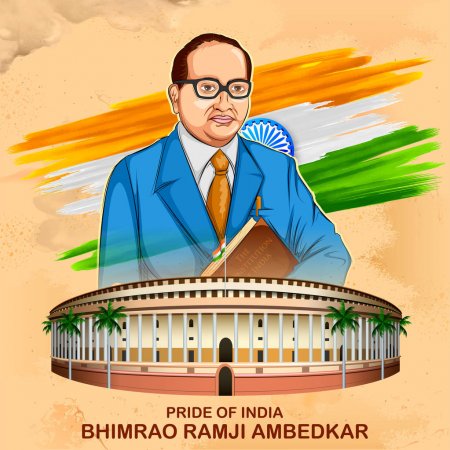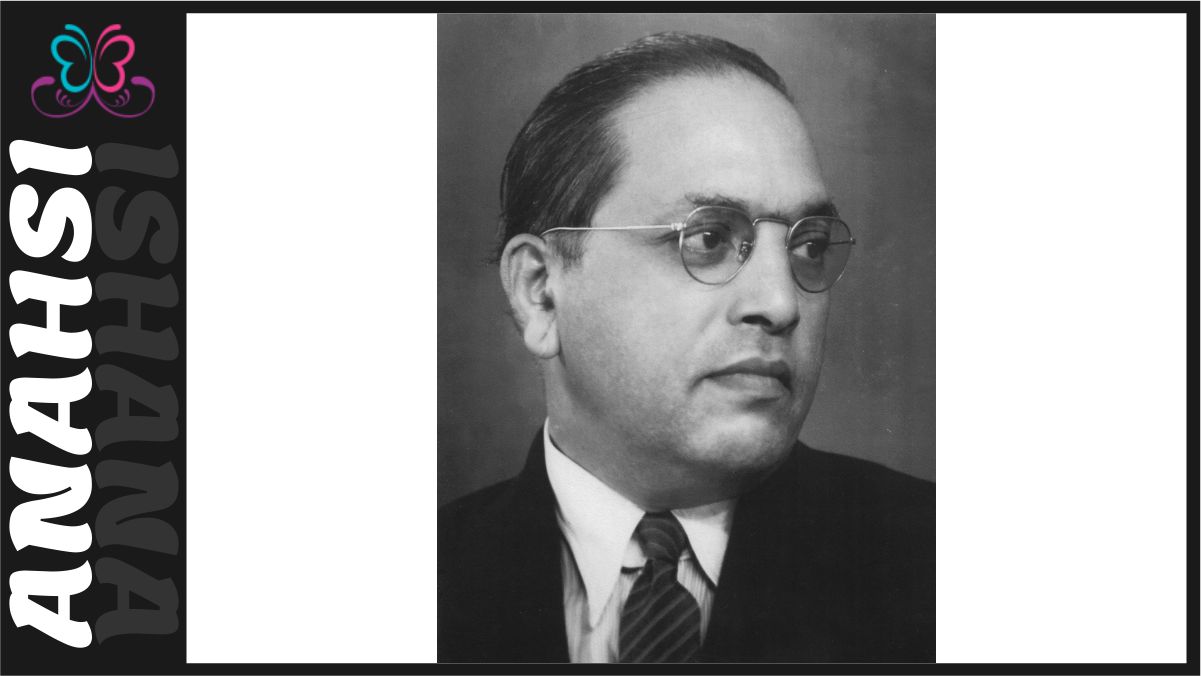Indian Political Leader
- Born April 14, 1891, Mhow, India
- Died December 6, 1956, New Delhi
- 1947-51 Leader of the Dalits (Scheduled Castes) & “Law Minister” of the government of India.

B.R. Ambedkar was an Indian scholar, jurist, politician and social reformer, who was fundamental in the creation of an independent India. He became the first of his caste to enter Bombay University. Through the 1920’s he campaigned on behalf of untouchables organizing marches and protests. In 1932 he was a signatory to the Poona Act. Ambedkar founded the Independent Labor Party in 1936 and was appointed head of the committee to draft the newly independent country’s constitution in 1947. Ambedkar is also credited inspiring a revival in Buddhism, converting himself in 1956.
He was the 14th and last child of Ramji Maloji Sakpal, an army officer who held the rank of Subedar, and Bhimabai Sakpal, daughter of Laxman Murbadkar. His family was of Marathi background from the town of Ambadawe (Mandangad taluka) in Ratnagiri district of modern-day Maharashtra. Ambedkar was born into a poor low Mahar (dalit) caste, who were treated as untouchables and subjected to socio-economic discrimination. Ambedkar’s ancestors had long worked for the army of the British East India Company, and his father served in the British Indian Army at the Mhow cantonment.
In 1897, Ambedkar’s family moved to Mumbai where Ambedkar became the only untouchable enrolled at Elphinstone High School. In 1906, when he was about 15 years old, his marriage to a nine-year-old girl, Ramabai.
Ambedkar published his book Annihilation of Caste on 15 May 1936. It strongly criticized Hindu orthodox religious leaders and the caste system in general, and included “a rebuke of Gandhi” on the subject. Later, in a 1955 BBC interview, he accused Gandhi of writing in opposition of the caste system in English language papers while writing in support of it in Gujarati language papers.




Leave a Reply